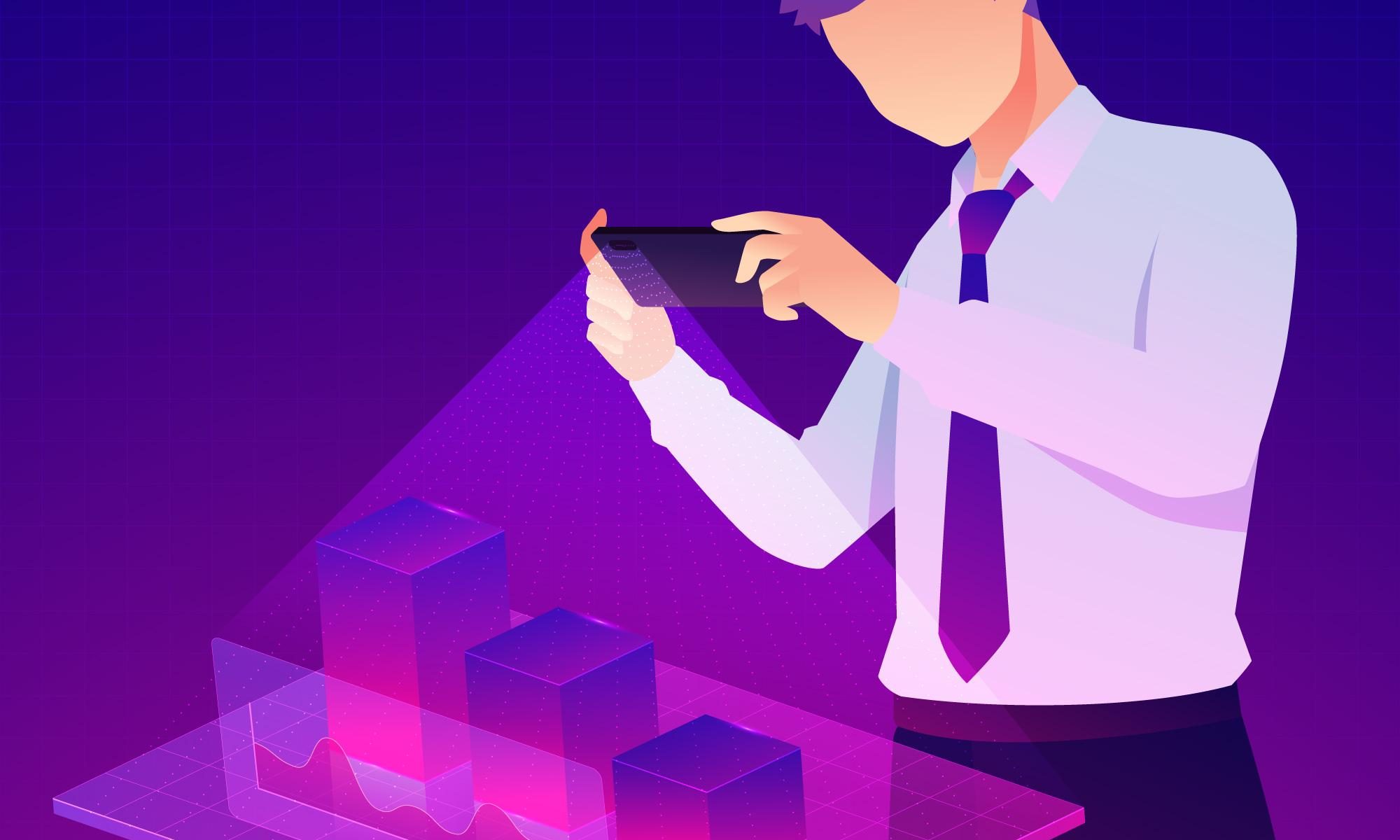So, let’s get real for a second—if you’re still messing around with clunky old apps in Dubai, you’re basically asking to get left in the dust. Seriously, the game’s changed. These days, a decent mobile app development company in Dubai isn’t just throwing together some code—they’re slapping AI in there like it’s hot sauce. And honestly? It’s a total game-changer.
AI isn’t just tech hype, it’s the real deal. We’re talking about apps that actually get to know their users. Like, creepy good. They serve up stuff you actually want, sometimes before you even realize you want it. That’s not magic, it’s machine learning doing its thing. AI-powered apps can do everything from predicting what users might do next (hello, psychic apps) to handling customer service with chatbots that don’t need sleep or coffee breaks.
So why should you care? Well, if you want your business to look slick and stay ahead, you need apps that are more than just functional—they’ve gotta be smart. AI lets apps:
- Adapt to what people like. No more generic, everyone-gets-the-same-stuff nonsense.
- Spot patterns and predict what’s coming. Feels almost like cheating, but hey, if it works…
- Handle boring stuff automatically. Chatbots, virtual assistants, all that jazz—it’s like having a 24/7 team that doesn’t complain.
- Keep things secure by spotting weird stuff before it turns into a mess.
All that means? Happier users, less stress for you, and honestly, just a better shot at making money.
Now, hooking up with the right app development company in Dubai? That’s clutch. You want folks who can actually build something that works, not just looks shiny. They should:
- Build custom AI that fits your business (because nobody likes one-size-fits-all).
- Make sure all this fancy AI stuff actually plays nice with the gear you’ve already got.
- Keep the app running smooth and getting smarter over time. It’s not a “set it and forget it” thing.
- Actually support you, start to finish. Nobody wants to get ghosted mid-project.
And the perks? Oh, there are plenty:
- You’ll make decisions fast, thanks to real-time data.
- Automating the boring bits saves you cash and sanity.
- People stick around longer if the app feels like it “gets” them.
- Plus, you look like you know what you’re doing. Bonus points for being the cool kid on the block.
Thinking about jumping in? Here’s some advice (take it or leave it, but don’t say I didn’t warn you):
- Don’t go wild with AI all at once. Dip your toes in, see what works.
- Always think about the user. If your app gets too complicated, folks will bail.
- Don’t mess around with data privacy, especially in Dubai. Laws are strict and you don’t want trouble.
- And for the love of all that’s good, partner up with people who know what they’re doing. This isn’t amateur hour.
Bottom line—AI isn’t extra anymore, it’s expected. A solid app development crew in Dubai can take your app from “meh” to “wow, how did they do that?” Whether it’s slick AI features, smarter analytics, or just making life easier for everyone, it’s the secret sauce for staying on top.
So yeah, invest in AI now. Your future self (and your users) will thank you. Plus, you might actually have some fun watching your app get smarter than half your competitors.




